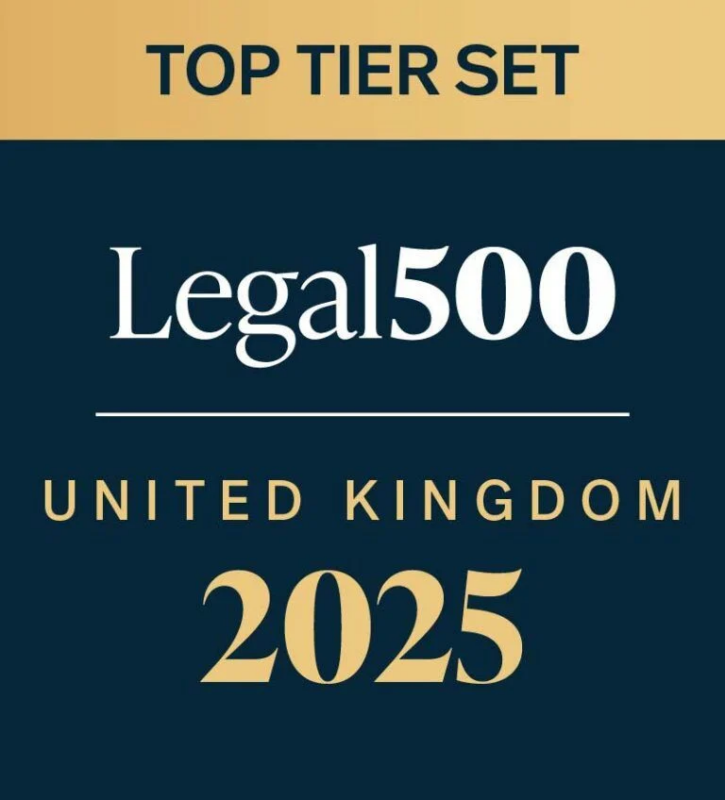First reported judgment on permission to enforce debts in personal moratorium
William Day, instructed by Ian Gatt KC and Harry Spendlove of Stewarts, appeared for the successful applicants and obtained permission from the Court under regulation 7 of the Debt Respite Scheme (Breathing Space Moratorium and Mental Health Crisis Moratorium) (England and Wales) Regulations 2020 to continue to enforce a third party debt order, notwithstanding the moratorium into which the debtor has been placed.
The Regulations have been relatively untested to date, and this is thought to be the first reported judgment in respect of such an application. The Court provided some useful guidance for future applications on the three stages of the statutory test: (i) reasonableness of continuing the enforcement step; (ii) lack of detriment to the debtor; and (iii) whether taking the step would significantly undermine the protections of the moratorium.
On the facts, the Judge considered that the reasonableness test was satisfied because there was evidence that the debtor had deliberately delayed complying with the third party debt order in the hope of obtaining the moratorium. There was no detriment given the interim third party debt order already in place. The debtor was also not able to point to significant undermining of the wider moratorium.
The Court provided some useful observations as to the standard of medical evidence required where (as in this case) the moratorium is a ‘mental health crisis moratorium’ rather than a ‘breathing space moratorium’. The Judge emphasised the separate nature of the three elements of the test, and that the Court also retained an overall discretion to refuse permission on the facts of any case even where all three elements were satisfied.
The judgment is Brake v Guy [2022] EWHC 2797 (Ch) and can be found here.








